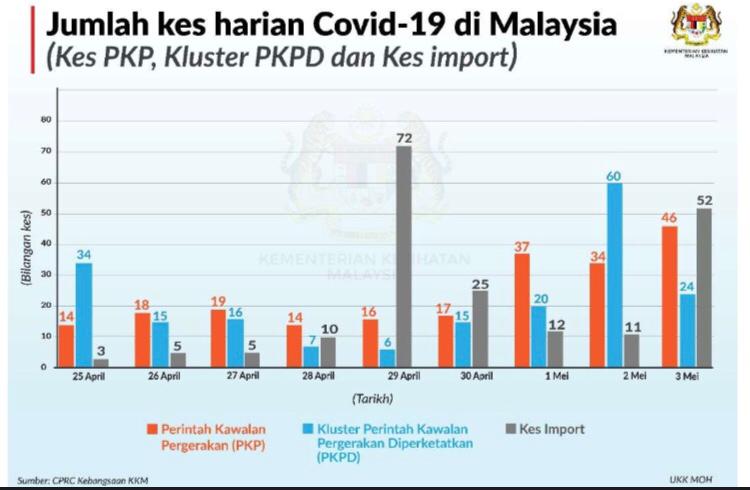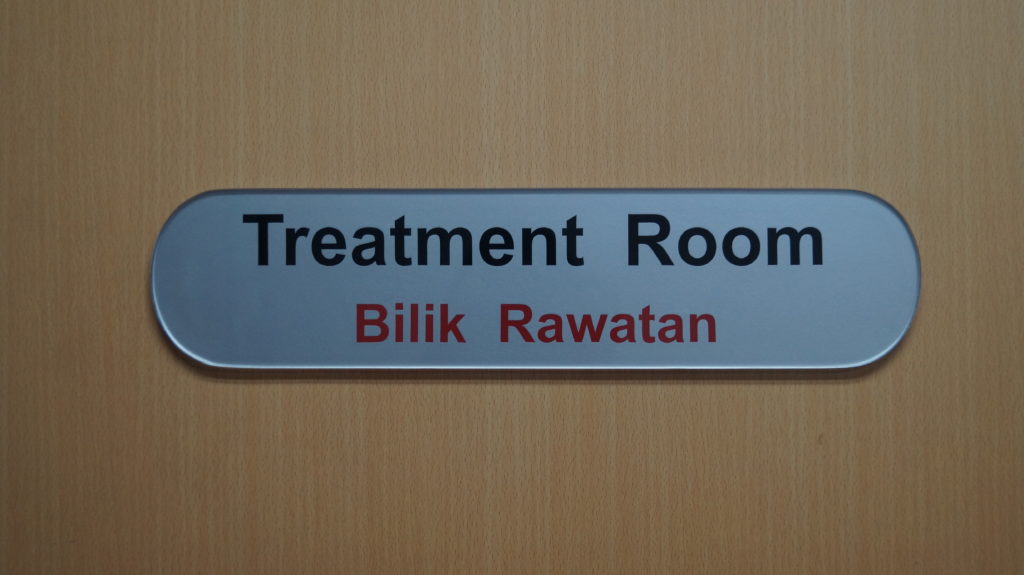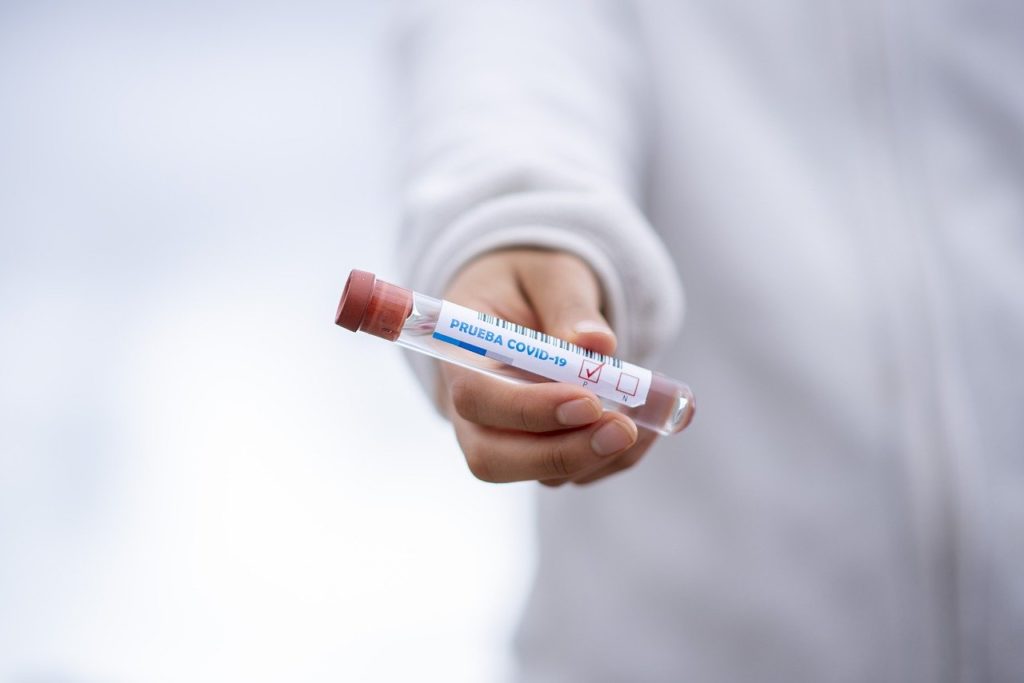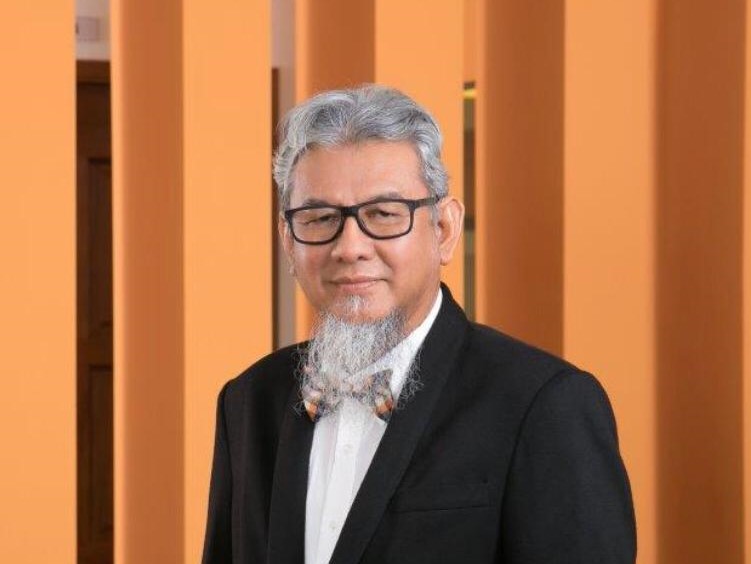KUALA LUMPUR, May 4 — An International Medical University (IMU) official believes that the Movement Control Order (MCO) has controlled Covid-19 and allowed Malaysia to face the disease when the lockdown is lifted.
IMU pro-vice chancellor (research) Dr Lokman Hakim Sulaiman stressed that the purpose of the seven-week MCO, which was implemented since March 18 and relaxed today with a new Conditional Movement Control Order (CMCO), was not to completely eliminate coronavirus transmission.
That can only be done if Malaysia enforces the MCO — which deployed harsh security measures that only allowed people out of their homes to buy food and necessities nearby — for more than three months. However, this would cause the economy to collapse with “much more damaging” consequences, said Dr Lokman.
“The MCO is to flatten the epidemiological curve and allow us to buy time so that we can prepare the country and the public to face Covid-19 when the MCO is lifted,” Dr Lokman told CodeBlue in an interview last Friday.
“I believe we have done just that”.
The former Health deputy director-general (public health) pointed out that Malaysia has strengthened intensive care unit (ICU) capacity by adding beds and ventilators, increased hospital beds for mild Covid-19 cases, raised diagnostic capacity, and established quarantine centres to isolate suspected coronavirus patients, close contacts, and Malaysians returning from overseas.
“As for the Covid-19 infection, the Ministry of Health (MOH) has been telling us that we are doing well — the number of cases fell below hundred daily now. Although new cases are still being reported (can never achieve zero with a short period of MCO), I believe MOH may consider the numbers as manageable,” Dr Lokman said.
The Malaysian public, he believed, has been well-educated about the importance of preventive measures, like social distancing, using hand sanitisers, and wearing face masks when going outside.
“So, based on the above, I suppose, the government felt that we are ready. The Prime Minister also said we have fulfilled all the six World Health Organization’s (WHO) criteria. I think the government, and I too, believe that Malaysians in general have understood the seriousness of Covid-19 and are willing to adapt and adopt a new normal in our living,” said the former senior MOH official.
Prime Minister Muhyiddin Yassin said last Friday that Malaysia has met WHO’s six conditions in ending a lockdown, noting that Malaysia has tightened border controls, reduced local Covid-19 transmissions through the MCO, increased health care capacity, strengthened protection for vulnerable people like the elderly, formed new habits like social distancing, and empowered communities to practice those new norms.
“My only concern is that we did not stagger the lifting, but went nationwide. I was proposing step-wise lifting, starting from areas with no evidence of active transmission for at least 28 days (two incubation periods). Nevertheless, with strict control on interstate movement, maybe MOH felt that the current situation (low number of cases) is manageable,” said Dr Lokman.
Dr Lokman previously told CodeBlue that lockdowns could be lifted in areas — be it sub-districts in the countryside or smaller zones in the cities — that do not report new Covid-19 cases for over 28 days.
Another Covid-19 Peak?

MOH yesterday reported 122 new Covid-19 cases, the second consecutive day of increases above 100. Local transmissions (excluding imported infections and cases detected in Enhanced Movement Control Order areas) hit 46 yesterday, a slight increase from 34 on May 2 and 37 on May 1. The previous seven days since April 24 reported below 20 new local transmissions each day.
When asked if he predicted another wave of Covid-19 infections that could overwhelm Malaysia’s health care system, Dr Lokman said this depended on various factors.
The first factor is the projection of peak cases under natural conditions that is used to plan and prepare Malaysia’s health care system.
“I was made to understand that MOH initially uses JPMorgan’s projection, which was widely reported, that cases in Malaysia will peak in mid-April 2020 with about 6,000 plus cases. I presume MOH uses this projection, plus maybe their own internal analysis and projection,” Dr Lokman said.
“If the projection is accurate, and MOH has put in place a system to cope with the worst-case scenario based on this projection (for example, 20 per cent of cases expected to be severe and 5 per cent of which would require ICU and ventilator support), then we should be okay.”
Dr Lokman Hakim Sulaiman, International Medical University pro-vice chancellor (research)
The public health expert also said seeing another “peak” of Covid-19 cases depended on the extensiveness of testing, pointing out that the more tests are done, the more Covid-19 cases will be reported.
“Many others and I have raised this concern about our population testing rate, which is much lower compared to other countries, including Singapore, which may not reflect the actual situation. Nevertheless I hope MOH and its projection is correct.”
The federal government has reopened the economy and allowed Malaysians to resume their social lives from today — albeit with continued border and school closures, and a ban on interstate travel and mass gatherings — after various businesses closed and workers lost jobs and their source of income during the nearly two-month-long nationwide lockdown.
Several states, however, have decided not to implement the CMCO today. Sabah will maintain a lockdown until May 12, the original end-date of the MCO, while Sarawak will keep movement restrictions pending further study. Selangor, the country’s most developed state, has decided to largely reopen businesses, but requires the construction sector to obtain approval from local authorities to operate. Eateries will continue to be limited to takeaways and food delivery. Recreational activities can resume outside and in community parks, but public parks will remain closed.
Negri Sembilan will reopen certain economic sectors, but will maintain restrictions on social activities; businesses are not allowed to resume in certain areas with new Covid-19 infections. Kedah has deferred easing the lockdown pending a state security committee meeting tomorrow. Penang and Pahang have also postponed implementing the CMCO until May 8, pending comprehensive guidelines. Business premises are under local council jurisdiction. Malaysia’s capital city Kuala Lumpur, one of the Covid-19 epicentres, is administered by the federal government.
Equip Public And Private Clinics, Public Health Programmes To Quickly Detect New Cases

Dr Lokman urged MOH to prepare a Covid-19 control plan as Malaysia enters the next phase of easing the nationwide lockdown. Health director-general Dr Noor Hisham Abdullah said late Saturday that this week would see a “new battlefield with new strategies in place”.
Dr Lokman said the primary health care system — comprising public health clinics (Klinik Kesihatan) and private general practitioner (GP) clinics — must be equipped to make rapid diagnosis of Covid-19 cases, which requires access to affordable and sensitive rapid test kits.
The public health system, on the other hand, must be strengthened to quickly detect coronavirus infections in the community by carrying out active case investigations and contact tracing, as well as mass screenings when localised outbreaks are suspected.
“All these activities are to detect the cases early so that they can be isolated and quarantined early to prevent further spread,” Dr Lokman said.
“For this to be efficiently carried out, it requires resources, especially enough personnel and vehicles to carry the team around. Unfortunately, public health programmes are often not given the priority despite being much cheaper and cost-effective to invest in it.”
The former MOH official pointed out that existing public health programmes are already stretched with perennial dengue and tuberculosis cases, HIV, vaccine-preventable illnesses, and the huge problem of non-communicable diseases.
“If the public health programme fails to function effectively in this regard, I am afraid we might face multiple outbreaks of Covid-19, leading to the second upsurge of the infection, warranting another MCO period.”
Dr Lokman Hakim Sulaiman, International Medical University pro-vice chancellor (research)
“I am also worried that our frontline public health teams may be overwhelmed with Covid work that they may not have the time to manage other diseases, leading to the resurgence of other diseases,” Dr Lokman said.
“Therefore, I would like to plead to MOH and the government to enhance the public health programme, not only for Covid-19 but also for other public health initiatives.”
Health system preparedness, he said, is not only about ensuring enough hospital beds, intensive care unit (ICU) capacity, and ventilators for Covid-19 patients, as these only deal with individual case management to prevent deaths after coronavirus cases are admitted.
But, what is “equally, if not more important” is the ability of the health system to quickly detect new Covid-19 cases and to curb the spread of the highly contagious disease, where people are still able to infect others even before they show symptoms or know that they have the infection.
“Access to rapid diagnosis is critical in Covid management and control,” Dr Lokman said.
Do Mobile Testing, Set Up Diagnostic Booths In Malls

Dr Lokman stressed that Malaysia cannot wait for a “perfect” rapid test kit (RTK) with 100 per cent sensitivity and specificity like the gold-standard RT-PCR tests, as the latter are very expensive and require 24 hours to release results. RTK, with results obtained in minutes, are useful for primary care practitioners.
Test “sensitivity” refers to how often a test correctly produces a positive result for those with the condition tested, whereas test “specificity” refers to how frequently a test correctly produces a negative result for those tested without the condition.
“Even RT-PCR can have false negative results. Anything more than 90 per cent should be okay. We have to live with imperfect tests like the Combo Dengue Test in dengue management. Why can’t we live with the same for Covid?” he said.
“What is important is clear guidelines on what to do, how to interpret the result, and what to do next, including in suspected cases but RTK-negative (for example, ask for home quarantine, repeat testing and/or subject to RT-PCR).”
Dr Noor Hisham said Saturday that MOH has received 50,000 antigen RTK from South Korea, of which 10,000 have been distributed to Sabah, 10,000 for Sarawak, 15,000 at the Johor-Singapore border, and 15,000 at the Kuala Lumpur International Airport and Kuala Lumpur International Airport 2.
Another 100,000 test kits are expected to arrive this week, which would be distributed to Klinik Kesihatan. The Health DG did not mention if these would also be sent to the network of private GP clinics that are estimated to number 7,000 nationwide.
Dr Lokman suggested that MOH negotiate the price of rapid tests, especially for GPs, noting that the government has done that previously for dengue combo tests by reducing the price from above RM70 to about RM18. Guaranteed bulk purchase could cut prices.
“I have also suggested that testing be made easily accessible by putting up diagnostic booths in public areas, such shopping malls or through mobile testing services, especially with RTK. This would help early case detection and early case isolation.”
He urged the public to abide by movement control rules; practice good hygiene and social distancing at all times; wear a face mask in public places; and avoid school, work, and social functions if sick.








